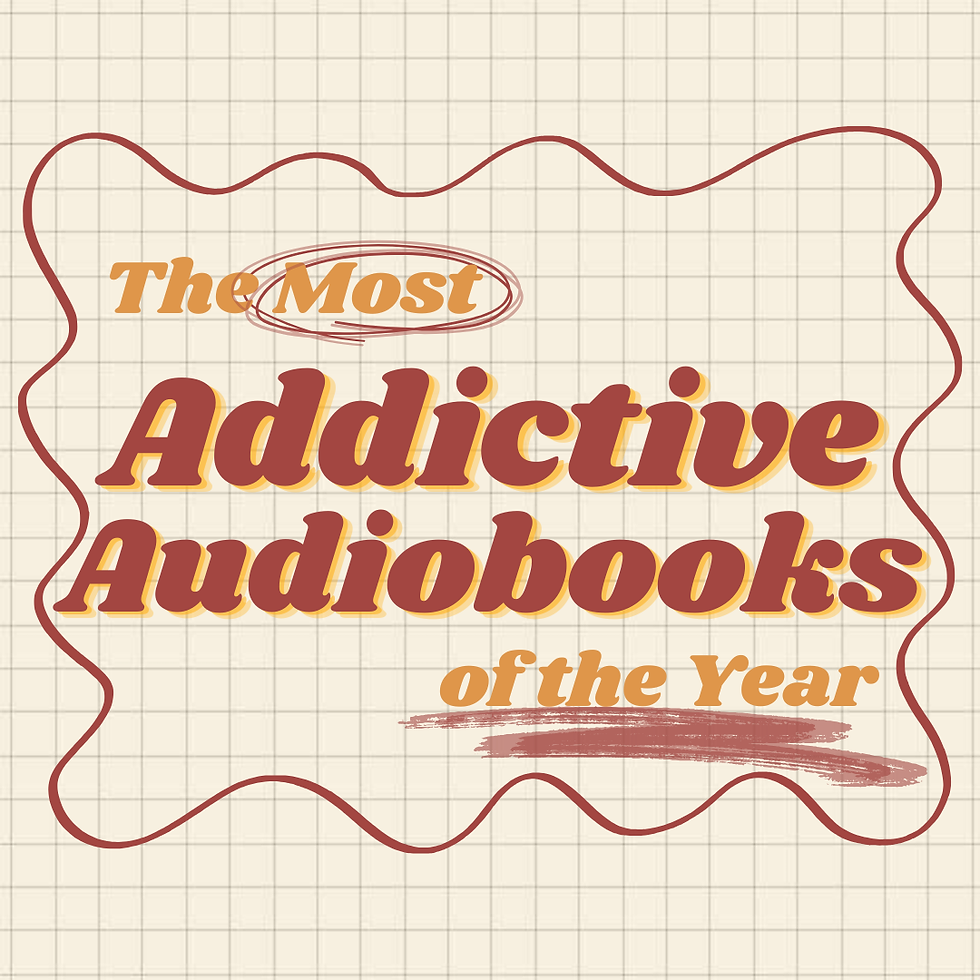Living Pride in Lockdown: An Interview with Nathan Evans from Inkandescent
- The Publishing Post

- Aug 15, 2020
- 4 min read

Inkandescent is a new publishing imprint that editor Nathan Evans set up with his partner, Justin David, in 2016. They give a platform to underrepresented writers, particularly LGBTQ+, BAME or working-class writers. We interviewed Nathan about his experience running a publishing press during a Pride month spent in lockdown.
Thank you for being here! How did your plans for celebrating Pride change this year?
The very honest answer is “not that much”: Inkandescent hadn’t planned anything when lockdown happened in March. I used to march, but in recent years I’ve steered clear of big Pride events— largely for political reasons because I feel that Pride in London has become a marketplace. You must register to march, groups must pay to have a presence and that for me goes against the principles with which Pride was set up in the early 1970s. One positive thing that happened is that some of the veterans who marched in 1971 walked the route of the original Pride march. They said it was in the spirit of that first Pride and I think it’s a wonderful thing to have emerged from lockdown.
What sets you apart from other mainstream publishers?
On a very day-to-day level, we try to be approachable and friendly. It has become a norm across the arts to write to someone and not get a response. There are reasons for this—which we’re starting to see ourselves—but we always try to respond, even if we can’t help.
When we first launched Inkandescent, we got an Arts Council grant to produce something together, with my poetry and Justin’s photography. We did that because we were fed up with the gatekeepers in the publishing world. If you don’t have the right connections, you don’t get a foot in the door. So, we decided to do it ourselves; we published a book and then continued to publish others’.
About three weeks ago, the “Rethinking Diversity in Publishing” report came out. It’s pretty damning and shocking that the publishing industry still essentially caters to one kind of person, who is definitely middle class and white. We want to say no to that: there exists a whole variety of readers and writers, and we want to cater to them.
How do you think your workflow will change after the COVID emergency is over?

On the positive side, both of us have been less occupied with other work so we’ve had more time to make connections with people who we can help and who can help us. Embracing technology has proved useful in expanding our canvas because it doesn’t matter where someone is for a Zoom meeting. I hope that more companies will embrace that, as people have learnt that we can use technology and, thus, not contribute to the climate crisis any further by travelling unnecessarily. Another thing is that, although a lot of literary events were cancelled, they moved online, and we’ve been able to take part in some of them. I think some festivals will continue to have online events, as they’ve been very positive for engaging a wider audience, so I hope that attending those events and live-streaming our own will be something we will continue doing.
On the flip side, we were scheduled to participate in various events across the summer which have been cancelled. We’ve launched books that we haven’t been able to hold events for: events are something we do quite well. When you’re starting out, those launch events have an important impact on sales. We’ve noticed books that have come out during lockdown haven’t done as well without the support of a launch event.
What do you think COVID has uncovered about the publishing industry as a whole?
It’s really interesting timing that the “Rethinking Diversity in Publishing” report came out now because COVID has exposed inequalities. It’s clear that we’re not all in the same boat and I think COVID has shown that those inequalities and discrepancies are part of the publishing industry. Bernardine Evaristo talks about recontextualising the past: we also need to recontextualise the present because often it’s written by the privileged middle class. Book sales are up at the moment, but we need to question who’s buying those books and whether it’s just the middle class who can afford them, as for many people there’s been significant financial uncertainty. It raises questions about the affordability of books across the spectrum of society and who’s profiting off those books.
What book did you read during “Pride Inside” and what is one book you would recommend to our readers?
Recently I read a new journal from Untitled, called Voices, which was an open submissions project for LGBTQ+, BAME and working-class voices. It was published in June for poetry, life writing and fiction that was written during lockdown and it’s free. In terms of books, I’m currently halfway through Gareth Greenwell’s Cleanness. I think Greenwell is a fascinating writer on contemporary gay experience.
Inkandescent is currently working on Mainstream, an anthology of stories from the edges. It will be available for order from Inkandescent in September. Sign up for more information. They’ve partnered with Unbound, and the anthology is set to launch in 2021.








